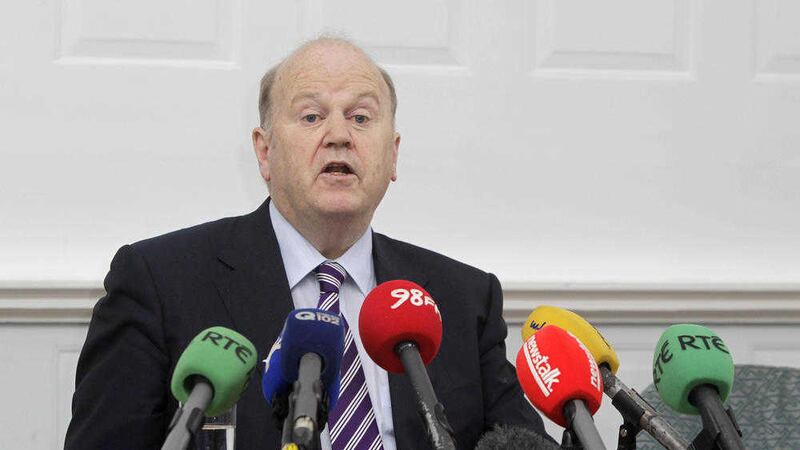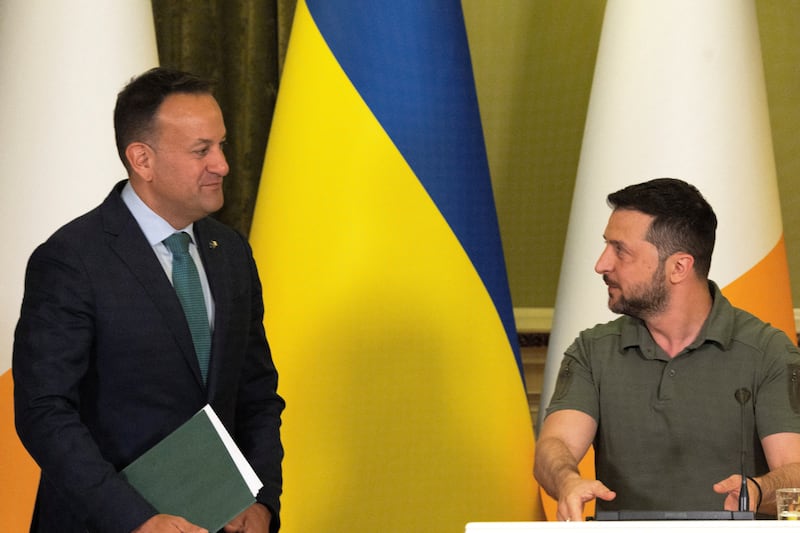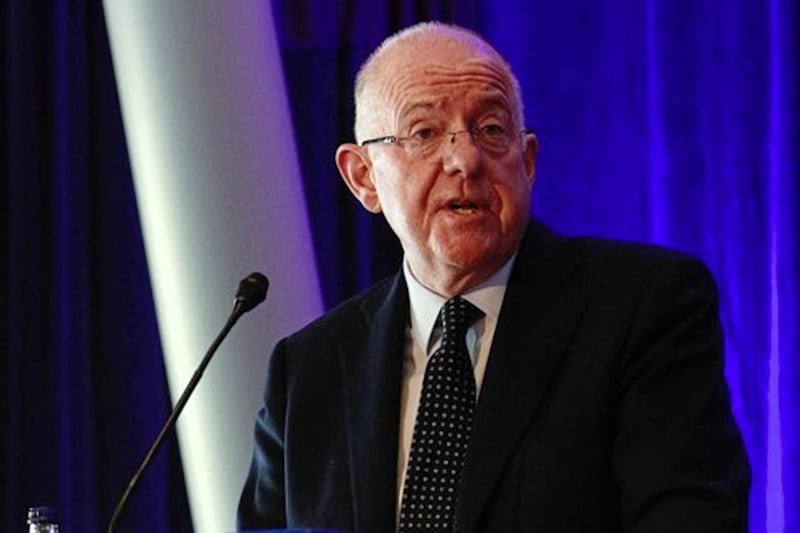OFFICIAL figures on the Republic's economy have been branded a farce.
Finance minister Michael Noonan said the phenomenal growth numbers - 26.3 per cent last year - combined with rising employment and strong consumer spending showed the signs of "real growth".
The Central Statistics Office (CSO) said the numbers were down to a surge in aircraft leasing business being recorded in Ireland, a 300 billion euro increase in company assets being transferred and a 200 per cent jump in intangible assets such as patents being recorded.
But it refused to divulge the true extent of each, citing confidentiality clauses with companies.
It also said multinationals were continuing to use so-called inversions to base their businesses in the Republic and reclassify balance sheets which gives the appearance of more work being done in the south.
And it accepted that "employment has not changed greatly as a result".
Economists lined up to dismiss the numbers.
Aidan Regan, assistant professor in the School of Politics and International Relations at University College Dublin, called on the Irish government to make a public statement on the confusion created by the report.
"The 26.3 per cent makes for a great media headline. But if the media want to go find this growth, they might as well go plane-watching at Dublin airport," he said.
"It's a farce. There is simply no credibility to the national accounts. Most serious observers looking in at Ireland know this. And this is what should really concern the government and civil servants."
Prof Regan called on the CSO to print a clear disclaimer on the economic report.
"These figures have to be taken with a pinch of salt," he said.
The CSO originally estimated that the economy grew by 7.8 per cent.
Seamus Coffey, economics lecturer at University College Cork, said some of the transfer of assets to the Republic can be explained by companies wanting to prevent allegations of tax avoidance.
"Any US multinational engaged in manufacturing in Ireland could be doing it - it is about aligning profits with substance," he said.
Mr Coffey said reports on unemployment and job creation were better measures of how an economy was changing.
The CSO report for 2015 said gross domestic product (GDP), which calculates the value of all business - including multinationals - grew by 26.3 per cent and gross national product (GNP) - which reflects Irish-owned companies - was up 18.7 per cent.
In the first quarter of this year, GDP contracted by 2.1 per cent.
Mr Noonan, in Brussels for talks with European counterparts, said: "People's lives are improving, with more at work than at any time since the onset of the downturn.
"We no longer need to impose swingeing cuts to public services, rather we have room to invest in services and infrastructure."
Sinn Féin finance spokesman Pearse Doherty urged people to take the numbers with "a tonne of salt" and the 26.3 per cent number was a "nonsense".
"It is irrelevant. It does not reflect any sort of reality as to how the economy is faring," he said.
Mr Doherty called for a new way of analysing economic growth. He said the numbers are "polluted" and "intertwined with international tax and accounting stunts".








